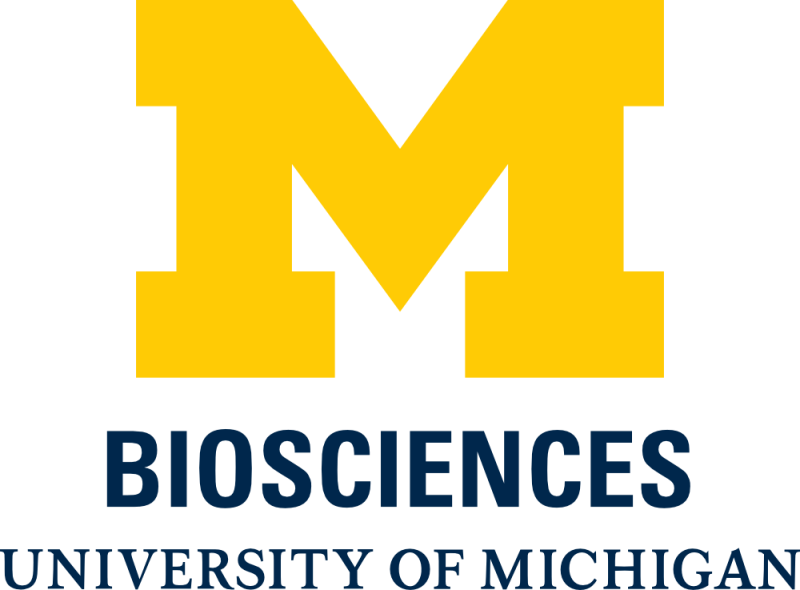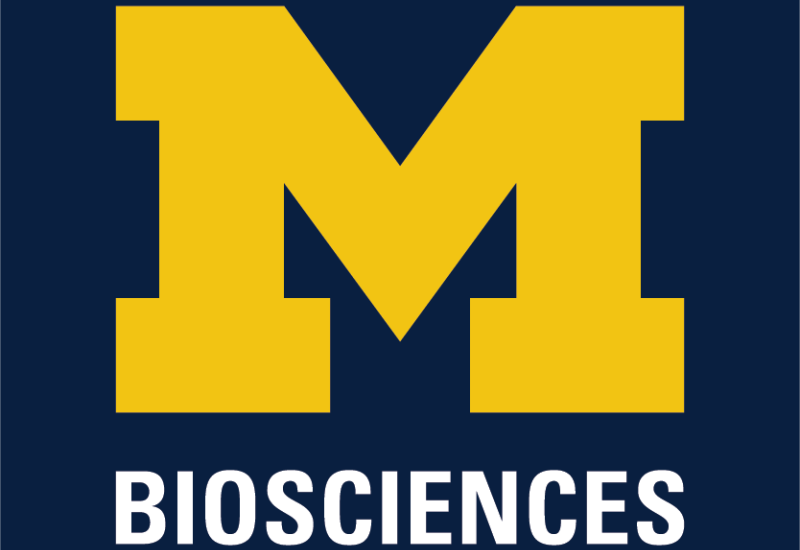Roughly half of the drugs in clinical use today started as natural products — molecules that evolved inside microorganisms and plants that form the backbone of antibiotics, anti-cancer agents and other medicines.
Over the past decade, the University of Michigan has become a leader in natural product sciences.
The LSI's Natural Products Discovery Core has developed a 45,000-sample (and growing) library of natural product extracts derived from a unique collection of diverse marine and terrestrial actinomycetes, fungi and cyanobacteria. The core provides researchers at U-M and external partners with the technology and expertise to develop candidates identified through high-throughput screening into unique, bioactive, patentable, small molecules.
Rapid genomic and metabolomic profiling allows users to identify high value molecules as probes and drug leads.









